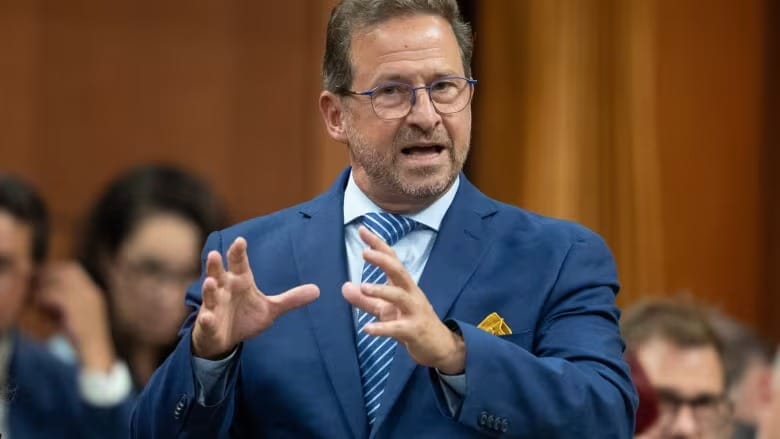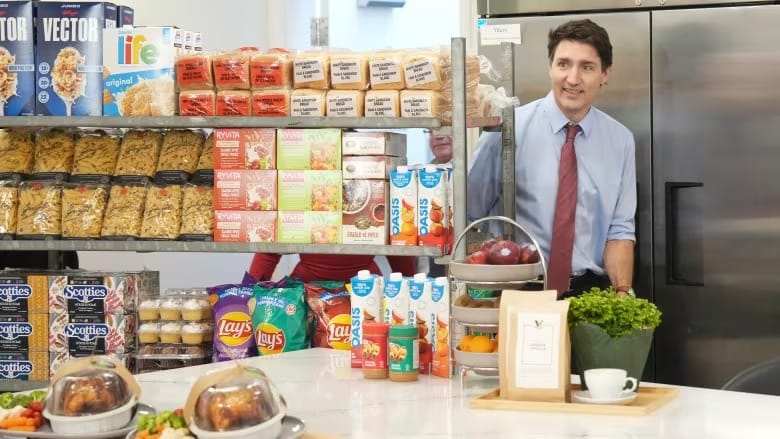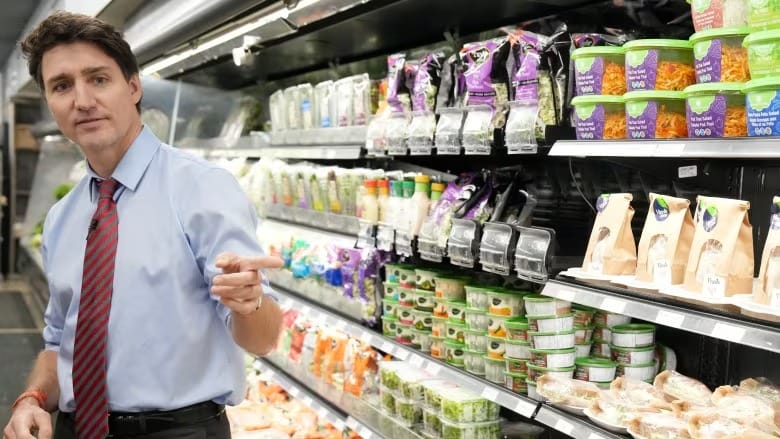Bloc threatens to push for an early election if government doesn't top up pensions by Oct. 29
Blanchet said he has 'had no discussions' with the Trudeau government

Bloc Québécois Leader Yves-François Blanchet outlined a series of demands on Wednesday that he claims the government must meet by the end of October to avoid the risk of an early election.
While addressing reporters on Parliament Hill, Blanchet stated that the Bloc is urging the government to advance Bill C-319, which seeks to increase Old Age Security (OAS) payments by 10 percent for seniors aged 65 to 74. The government had already enhanced OAS payments for seniors aged 75 and older in 2022.
Additionally, he called for the government to support a Bloc private member's bill, C-282, that would exempt the supply-managed agricultural sectors—dairy, poultry, and eggs—from any future trade negotiations.
Blanchet emphasized that these demands must be satisfied by October 29. If they are not, he warned that the Bloc would begin negotiations with the Conservatives and the NDP to potentially topple Prime Minister Justin Trudeau's government.
“If the Liberals fulfill these two priorities, the Bloc won’t vote against the government before Christmas,” he said, which would nearly ensure the government’s stability into the new year.
"What we are proposing is beneficial for retired individuals in Quebec and across Canada. It supports milk, eggs, and poultry producers in Quebec as well as in Canada. It’s advantageous for everyone," Blanchet remarked.
When asked if the government had indicated any willingness to meet his demands, he replied that he was uncertain about their response.
"We have not spoken to anyone about that. We have had no discussions," he noted.
Should the Bloc withdraw its support, the Liberal government might not necessarily collapse; Trudeau could potentially persuade the NDP to continue their support.
The Conservatives, eager for an election, have warned they will introduce more non-confidence motions in the coming weeks to instigate a vote.
The Liberals currently hold 153 of the 338 seats in Parliament.
To achieve a majority of 169 MPs without Conservative backing, the Liberals need the support of either the NDP (25 MPs) or the Bloc (33 MPs).
A joint vote from the Conservatives (119 MPs) and the Bloc would not be sufficient to bring down the government; the NDP would also need to align with them.
Generational fairness
It remains unclear how the government could fulfill the Bloc's demands given the existing parliamentary realities.
Bill C-319, the OAS enhancement legislation, is slated for debate later today in the Commons. It would also require Senate approval before becoming law.
Because it mandates government spending, it would need a “royal recommendation” from the government prior to implementation. Typically, all these steps would take months to complete.
The Parliamentary Budget Officer (PBO) has estimated that the Bloc's proposed 10 percent increase would incur a net cost of $16.1 billion over five years—a significant expense as the federal government seeks funding for new social programs and to bolster Canada’s military to meet NATO spending targets.
The proposed increase also raises concerns about generational fairness, a matter the government has stated it prioritizes.
Elderly benefits, including OAS and the Guaranteed Income Supplement (GIS) for low-income seniors, are projected to cost the federal treasury approximately $80 billion this fiscal year, which is a larger budget item than other significant programs like Employment Insurance (EI), the Canada Child Benefit, and federal health-care transfers.
In contrast, the Canada Pension Plan (CPP) is financed through contributions from employees and employers, rather than general tax revenues like the other two federal retirement benefits.
Regarding C-282, which would restrict future trade negotiators, the bill is currently under review by a Senate committee.
The government has minimal control over how long the Senate will take to debate, amend, or pass legislation through committee.
The Senate committee is led by Ontario Senator Peter Boehm, a former G7 sherpa who has previously expressed reservations about the bill.
While some farmers have strongly advocated for the legislation, trade experts have criticized it as problematic ahead of a likely renegotiation of the Canada-United States-Mexico Agreement (CUSMA), which could occur as early as 2026.
Health Minister Mark Holland reacted negatively to the Bloc's issuance of what he referred to as "ultimatums."
"It's always reasonable to suggest ideas. Brandishing ultimatums seems more about politics than substance. I would say, 'Let's engage in policy discussions,'" he remarked.
Holland stated that while the Bloc’s OAS proposal will be "considered," the government is already implementing dental care and pharmacare programs, which "obviously have huge implications for seniors."
Government House leader Karina Gould was non-committal regarding the Bloc's pension request.
"We’ve done a lot for seniors as a government, but that’s something we need to carefully consider," she stated.





